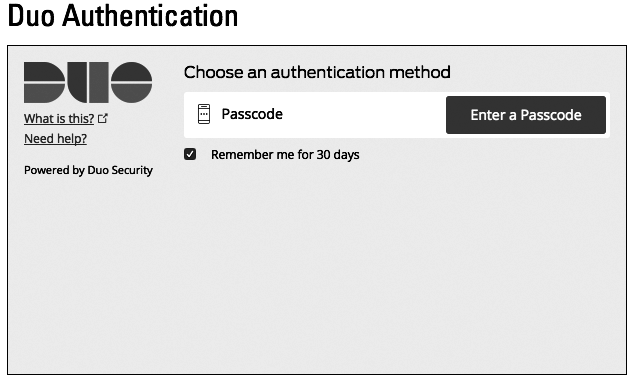Tuesday is the last day for NC State employees, including students on payroll, to register for two-factor authentication before being locked out of their accounts.
According to NC State University, this change will affect over two thousand faculty and over six thousand staff members. Additionally, Campus Enterprises alone employs over a thousand students, according to their website. This number doesn’t include paid research and countless other paid student positions.
Two-factor authentication is a system that allows for added security to university accounts and is a requirement for all those who work for the university.
“Two-factor authentication is basically asking you for a second method to validate that the person logging in is who they say they are,” said Andrew Kotynski, director for information security services in security and compliance in the Office of Information Technology. “Best example, typically we call it something you know and something you have. … something physical like your cellphone.”
This system is being required to add an extra layer of security for people with valuable information in the university system. There has been an increase in the number of online crimes, like fraud, stealing of passwords and identity theft, according to Marc Hoit, vice chancellor of information technology and chief information officer.
“We’ve seen the Equifax breach with 140 million names and identities, and we have a lot of information with the university that we would like to keep protected, and it is just an added security measure to stop the majority of attacks on credentials,” Hoit said.
One of the main reasons that two-factor authentication is being required for faculty and students on payroll is, for those individuals, banking information is connected to their Unity ID accounts. If a hacker is able to access a Unity ID account fraudulently, they could reroute paychecks, according to Hoit.
“It’s safer for bank accounts,” Hoit said. “If a student has a bank account, which all of us do, you want to put two-factor authentication on that, so if somebody steals your password, your credentials, they can’t get into your bank account and change things and let moneys without that extra factor.”
This is a part of OIT’s work to keep pace with the fast-paced changes in technology and online security. Many websites now offer two-factor authentication.
“A lot of banks now have started doing it to make sure that if you’re logging into the bank, they can validate that it is you,” said Kotynski. “Most of the social media platforms now offer you a way to use multi-factor authentication, like Facebook, LinkedIn.”
OIT plans to expand two-factor authentication requirements to all students. However, the date for when this requirement will be implemented is unknown at this time. This is to ensure that even students who do not work for the university have their personal data protected.
“A lot of people use their email for more than just schoolwork, they use them for personal relationships or conversations with their parents about their classes or bills or talking with their insurance company,” said Kotynski. “Having a second factor, I can’t say guarantees, but it ensures that nobody else is looking at your information but you.”
The process of setting up two-factor authentication is “pretty straightforward,” according to Hoit. Students should go to go.ncsu.edu/2fa to sign-up.
“Not just from a business perspective, but from a personal perspective, it allows another level of assurance, basically to ensure that all your data is safe,” Kotynski said.








